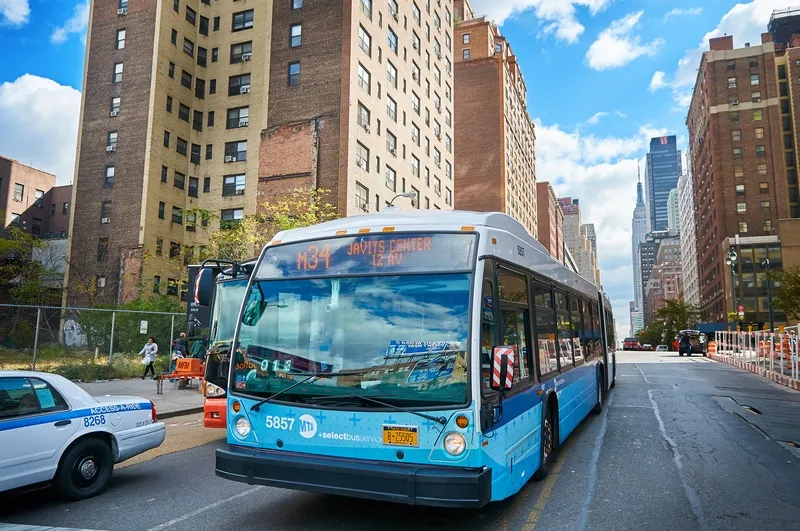While the European public transport community is preparing for electric buses and standardisation activities have already begun, with European standards expected to come into place 2019, followed by international standards in 2020, many cities are already implementing electric bus systems.
In order to meet their needs, European bus manufacturers Irizar, Solaris, VDL and Volvo have agreed with charging system suppliers ABB, Heliox and Siemens to an open, transparent and voluntary approach. Common preferre
March 15, 2016
Read time: 2 mins
While the European public transport community is preparing for electric buses and standardisation activities have already begun, with European standards expected to come into place 2019, followed by international standards in 2020, many cities are already implementing electric bus systems.
In order to meet their needs, European bus manufacturers Irizar, Solaris, VDL and609 Volvo have agreed with charging system suppliers 4540 ABB, Heliox and 189 Siemens to an open, transparent and voluntary approach. Common preferred interfaces will be opened up for all market participants and will be used for electric buses with opportunity charging (fast charging at end stops) and for overnight charging.
The group is committed to contribute to European standardization activities and to share experiences with standardisation bodies CEN/CENELEC and ISO/IEC in order to establish a common European standard for electric bus systems. The objective is to facilitate the transfer to electric bus systems in cities to ensure reliability and compatibility across bus brands and charging systems.
For opportunity charging, the system includes automatic contacting by a pantograph, wireless communication, contacting plates and infrastructure equipment that automatically contact vehicles with a pantograph. For overnight charging, the fast charging standard for cars (CCS) will be used as a base for the plug and for the communication.
In order to meet their needs, European bus manufacturers Irizar, Solaris, VDL and
The group is committed to contribute to European standardization activities and to share experiences with standardisation bodies CEN/CENELEC and ISO/IEC in order to establish a common European standard for electric bus systems. The objective is to facilitate the transfer to electric bus systems in cities to ensure reliability and compatibility across bus brands and charging systems.
For opportunity charging, the system includes automatic contacting by a pantograph, wireless communication, contacting plates and infrastructure equipment that automatically contact vehicles with a pantograph. For overnight charging, the fast charging standard for cars (CCS) will be used as a base for the plug and for the communication.









